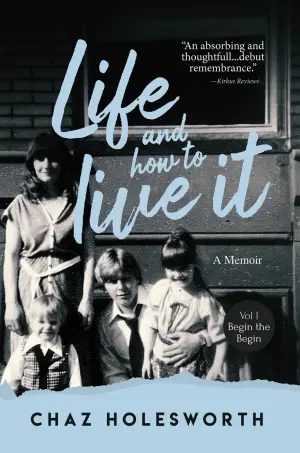Upon diving into “The Subtle Art of Not Giving a F*ck” by Mark Manson, I anticipated a transformative read. I often find myself drawn to self-help books that promise insight and personal development, but this one stood out due to its unapologetic title and bold stance against conventional positivity—a refreshing approach in today’s over-saturated self-help landscape.
From the get-go, Manson cuts through the noise, asserting that happiness doesn’t stem from relentless positivity. Instead, he claims that true contentment arises from facing uncomfortable truths and prioritizing what truly matters. This resonates deeply with me; in an age where we’re conditioned to “turn lemons into lemonade,” Manson reminds us that sometimes it’s about learning to stomach the lemons instead.
The book’s core premise—getting comfortable with discomfort—carries through effectively. As noted in a review by megan1230, the book weaves in elements of Buddhist philosophy, advocating for a mindset reset. This perspective encourages readers to protect their peace and make conscious choices about what to care about. I found these insights invaluable; the idea that we can selectively choose our reactions and priorities was exactly the mental shift I needed.
Manson’s irreverent humor and candid storytelling kept me engaged throughout. His ability to mix academic research with relatable anecdotes made the reading experience both entertaining and enlightening. It was impossible not to chuckle at his darkly humorous observations, which, as pointed out in several reviews, often left readers laughing out loud. For example, one of his core messages—that “not everyone can be extraordinary”—felt like a slap in the face for anyone caught in the trap of comparison. I appreciated his blunt honesty, as it felt liberating to confront the idea of limitations head-on.
However, the book isn’t free from shortcomings. Some sections felt repetitive, echoing familiar self-help tropes that may come off as cliched. Janelle M. pointed out that while some of Manson’s points were good, the narrative sometimes struggled to make a distinct point. I found myself intermittently agreeing with this sentiment, as a few chapters seemed to drag on without delivering a significant takeaway. Yet, I also believe this repetition could be helpful for some readers who may need that reinforcement.
Another drawback could be the book’s rawness, which some might find distressing. The realism Manson offers can be a double-edged sword, as it forces readers to confront truths that may be uncomfortable. While it resonates with those of us looking for honest conversations about mental health, it could also alienate those who prefer more optimistic approaches.
In terms of its expectations, Manson’s assertion that “true wealth is about experience” and learning to give fewer f*cks about trivial matters sold me. This ideology matched my quest for more authenticity in life. With its mix of philosophical insights and practical takeaways, the book has certainly reshaped my understanding of self-development.
Overall, “The Subtle Art of Not Giving a F*ck” is a provocative, thought-provoking read that challenges the traditional narratives surrounding positivity. While it presents some predictable self-help advice, the way Manson combines humor and raw honesty creates a unique reading experience. I appreciated the entertaining stories and memorable quotes that buoyed the more serious underlying messages.
In conclusion, I would recommend this book to anyone seeking a refreshing perspective on self-help. It’s perfect for those who want to embrace their limitations and focus on what genuinely matters in life. Despite a few repetitive moments, the overall message resonates in a profound way, making it a worthwhile addition to any bookshelf. Give it a read—you might just find the candid conversation you’ve been looking for.








